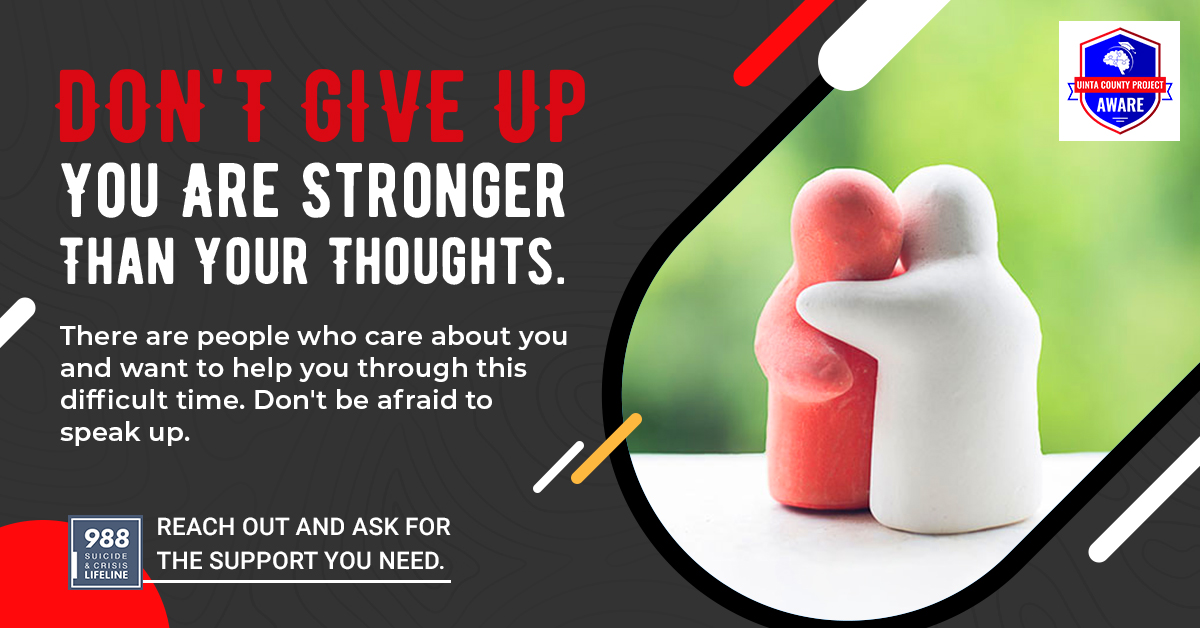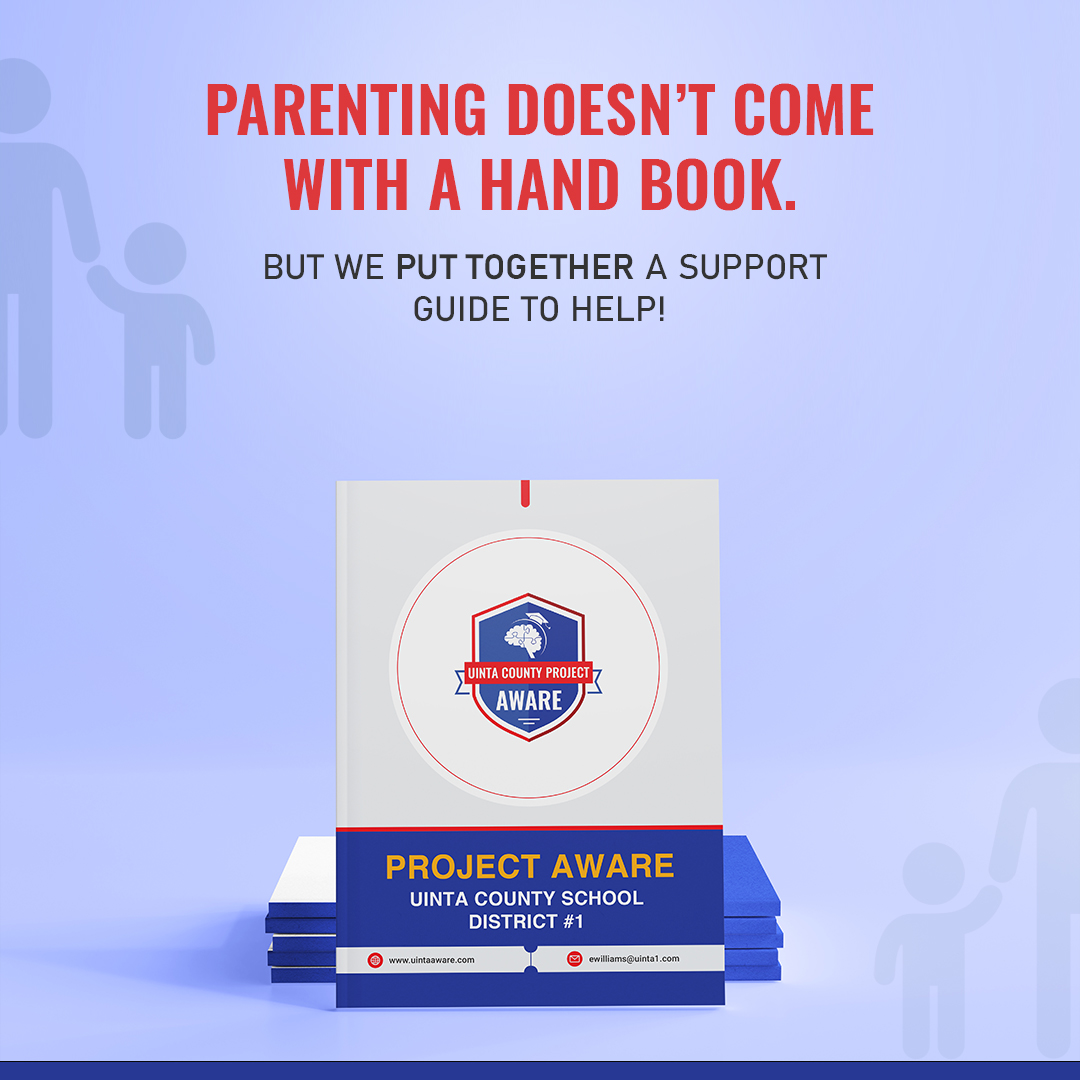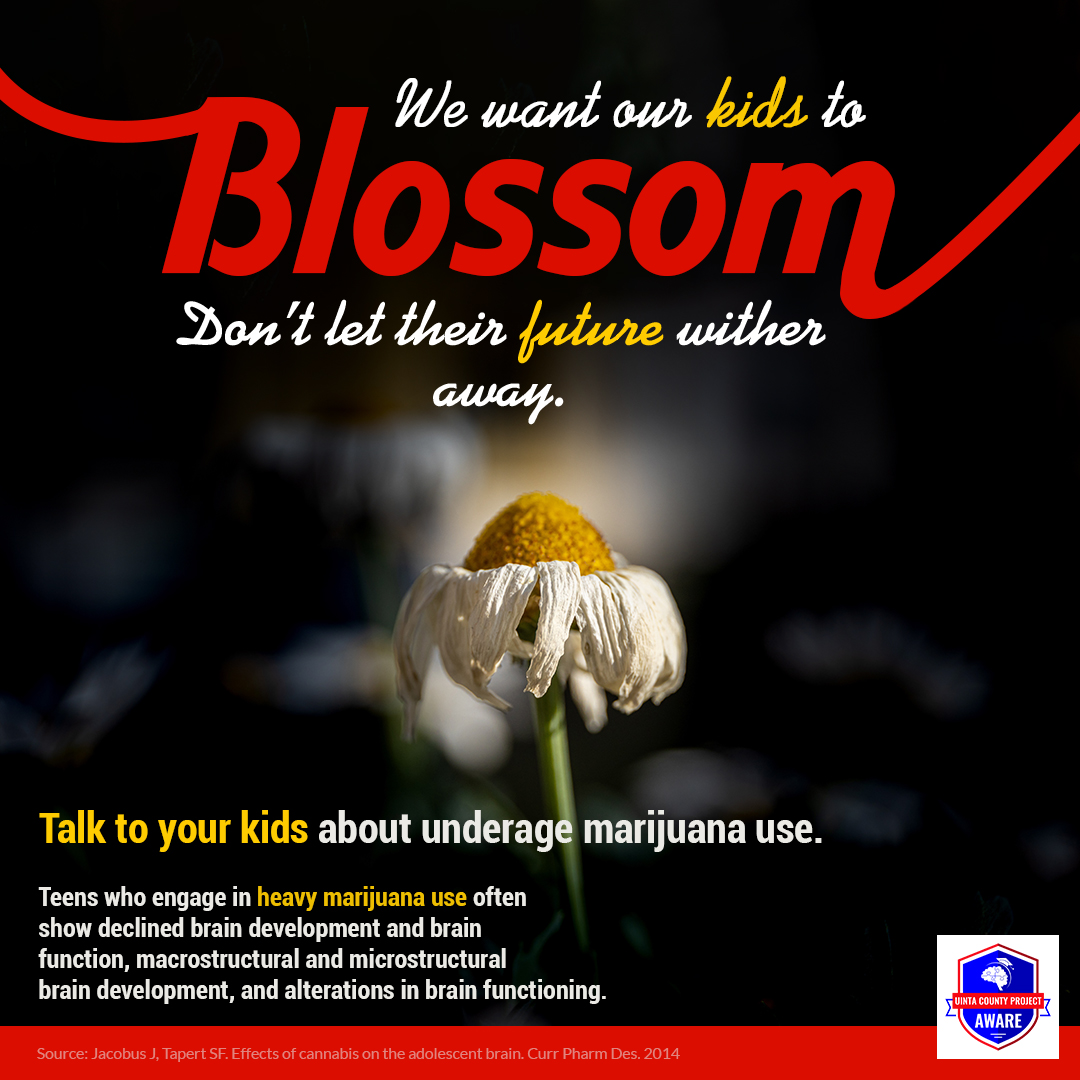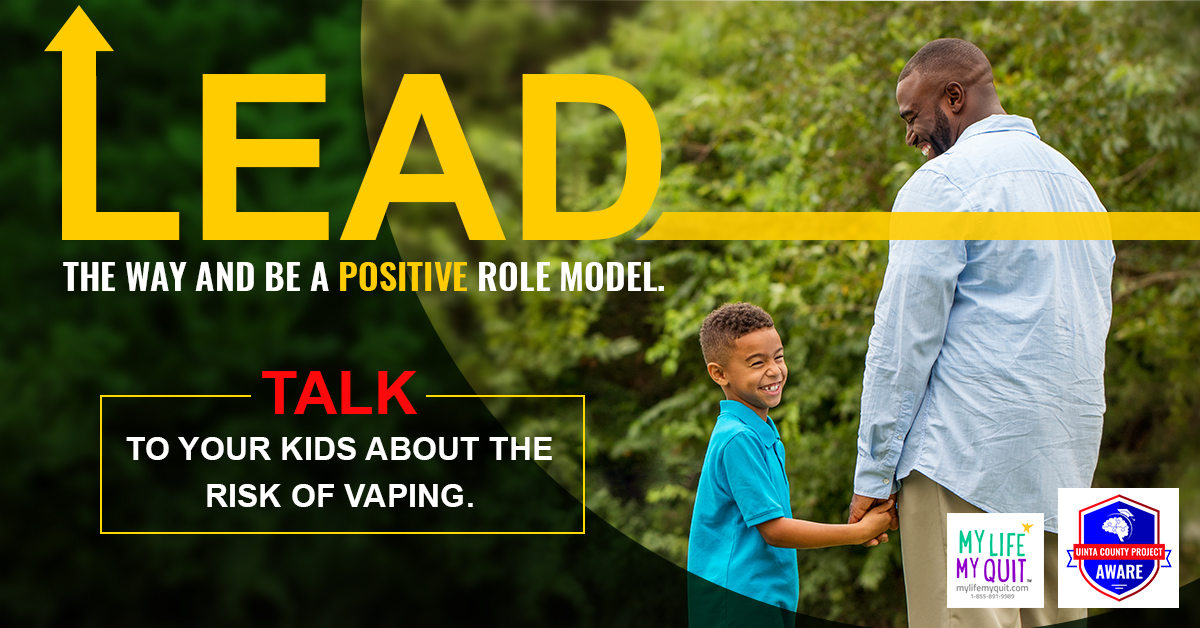Problem
Many students in Uinta County School District #1 (UCSD #1) struggled with mental health challenges and substance use pressures, but existing outreach efforts failed to engage them effectively. Traditional school-based messaging often lacked relevance, visibility, and a peer-driven approach, leaving many students unaware of the resources available to them.
The district needed a comprehensive, student-centered solution to:
- Increase awareness and access to mental health and substance use prevention resources.
- Engage students in a way that felt relevant, relatable, and non-judgmental.
- Empower students and families with tools to build resilience, make informed decisions, and seek support when needed.


Purpose
UCSD #1 partnered with Sylvestri Customization to develop and implement a multi-layered outreach campaign that leveraged targeted digital engagement, student-led content, and in-school education materials.
The campaign aimed to:
- Increase student and parent knowledge of available mental health and substance use services.
- Empower students with skills to navigate stress, peer pressure, and substance-related decisions.
- Reduce stigma around mental health and encourage help-seeking behaviors.
- Provide school staff with training and tools to recognize and support students facing challenges.
To achieve these goals, the campaign focused on three key pillars:
- Student-Led Media Projects – giving students the ability to create content for their peers, ensuring authenticity and relatability.
- Social & Digital Media Outreach – engaging students on platforms they already use, including Instagram, Snapchat, TikTok, and YouTube.
- Physical & Digital Education Materials – equipping schools with interactive displays, posters, and learning resources to reinforce key messages in the classroom and beyond.
Payoff
The campaign exceeded engagement expectations, proving the power of strategic, student-centered outreach:
- 203,193 total impressions across digital and social media platforms.
- 17,951 direct engagements, showing active student interaction with campaign messaging.
- Broad age reach – effectively connecting with students from elementary to high school levels.
- Geotargeted impact – focused outreach at Evanston High School, Davis Middle School, Horizon Jr/Sr High School, and multiple elementary schools in Uinta County.
Beyond the numbers, qualitative feedback from students, parents, and educators confirmed the campaign’s success:
- “I didn’t realize so many people had someone to talk to about their issues. That makes me happy to know.” – Middle School Student
- School staff reported increased discussions among students about mental health and substance use prevention.
- Parents expressed appreciation for having access to clear, actionable resources to support their children.

A Model for Prevention in Schools
The success of Uinta AWARE came from its ability to meet students where they are, both physically and digitally.
- By prioritizing student-led messaging, the campaign ensured that outreach felt relevant and authentic, rather than forced or preachy.
- By leveraging data and digital tools, the campaign delivered resources effectively, reaching students before they hit a crisis point.
- By integrating with school activities, the campaign normalized conversations around mental health and substance use, making them a part of everyday student life.

Why This Matters for You
For school administrators, mental health professionals, and prevention coalitions, this case study demonstrates a scalable, student-centered approach to substance use and mental health outreach.
- Are your prevention efforts student-driven and engaging?
- Are you leveraging digital and social media to maximize impact?
- Are you integrating mental health and substance use prevention into the daily school environment?
The Uinta AWARE campaign proves that prevention works best when it’s relevant, interactive, and student-centered.

